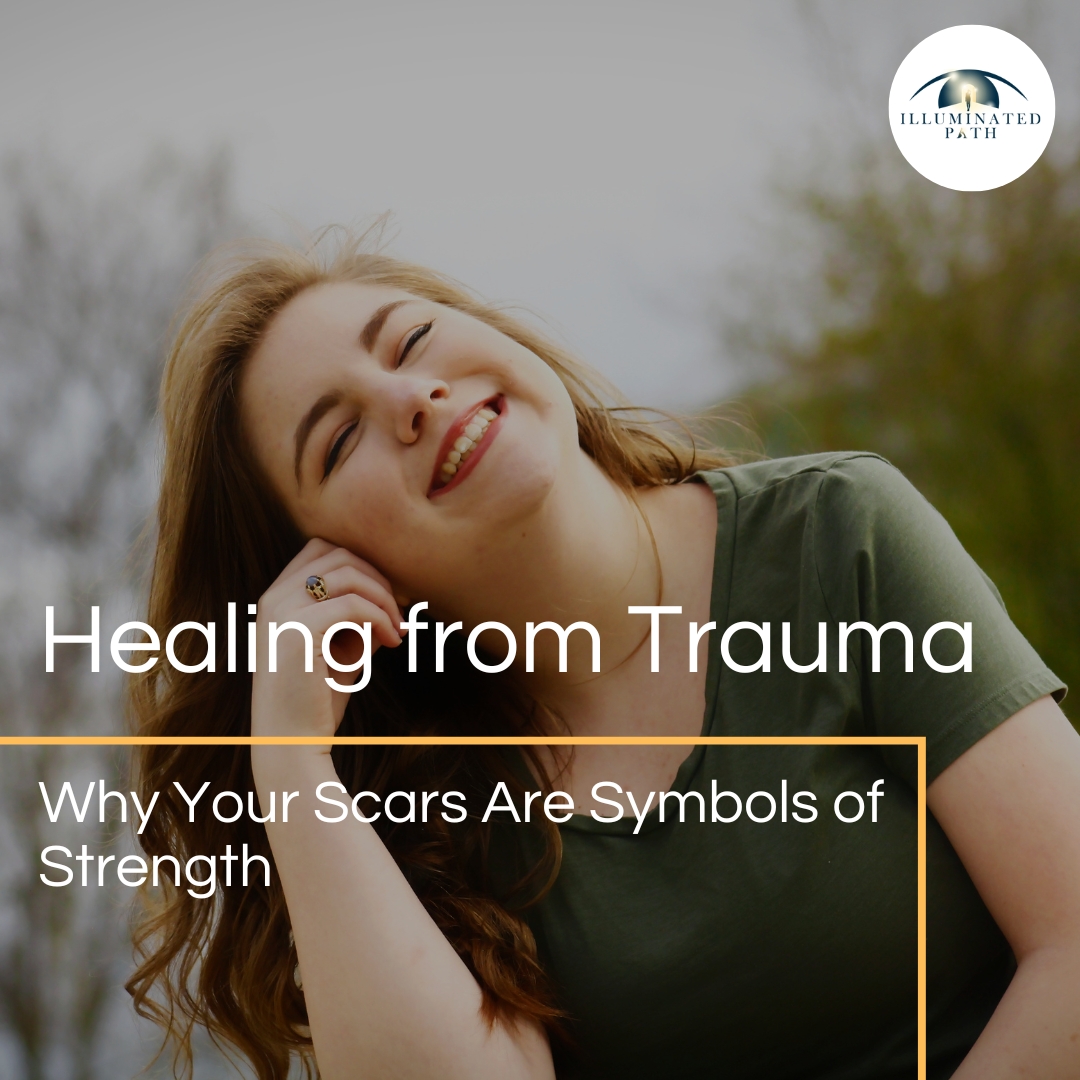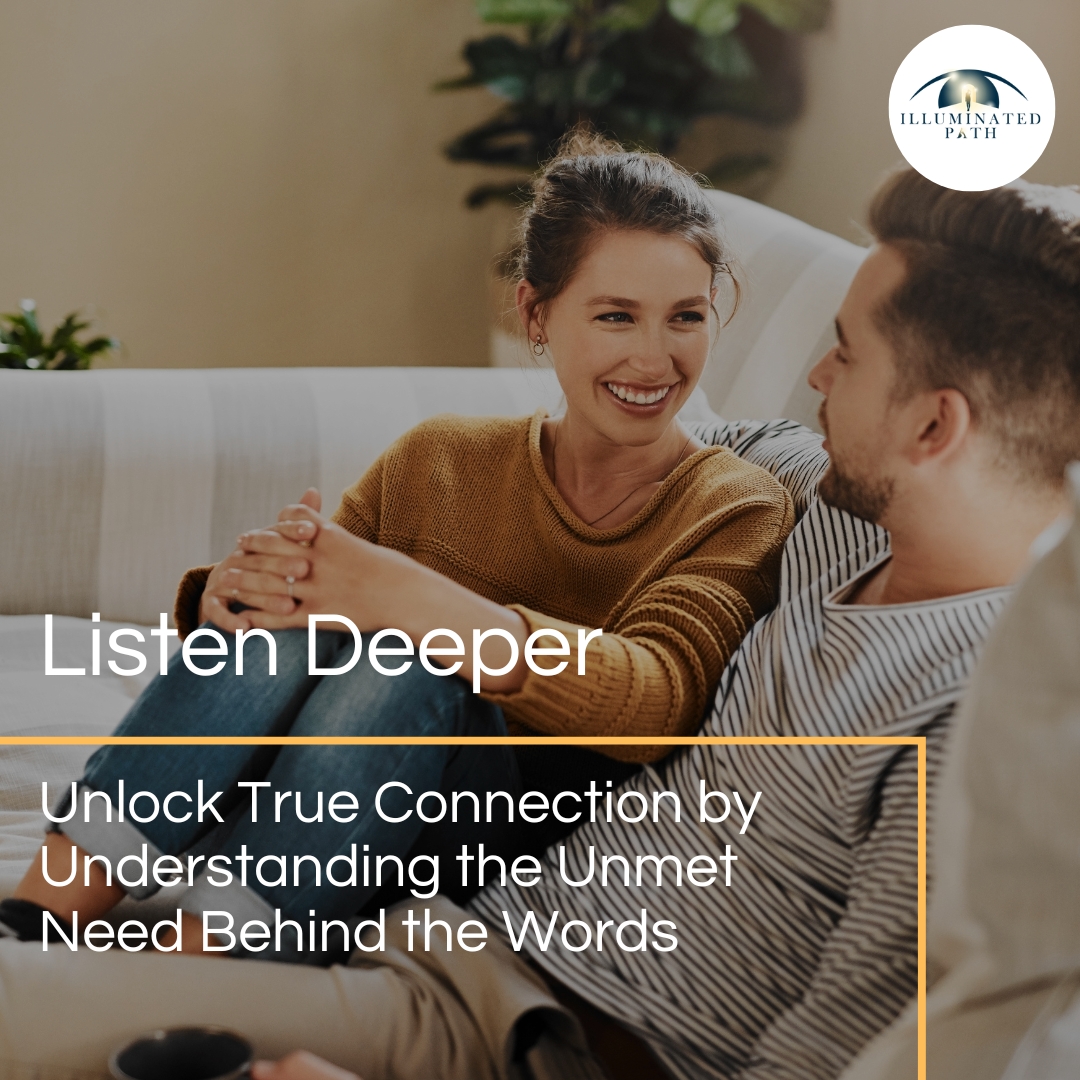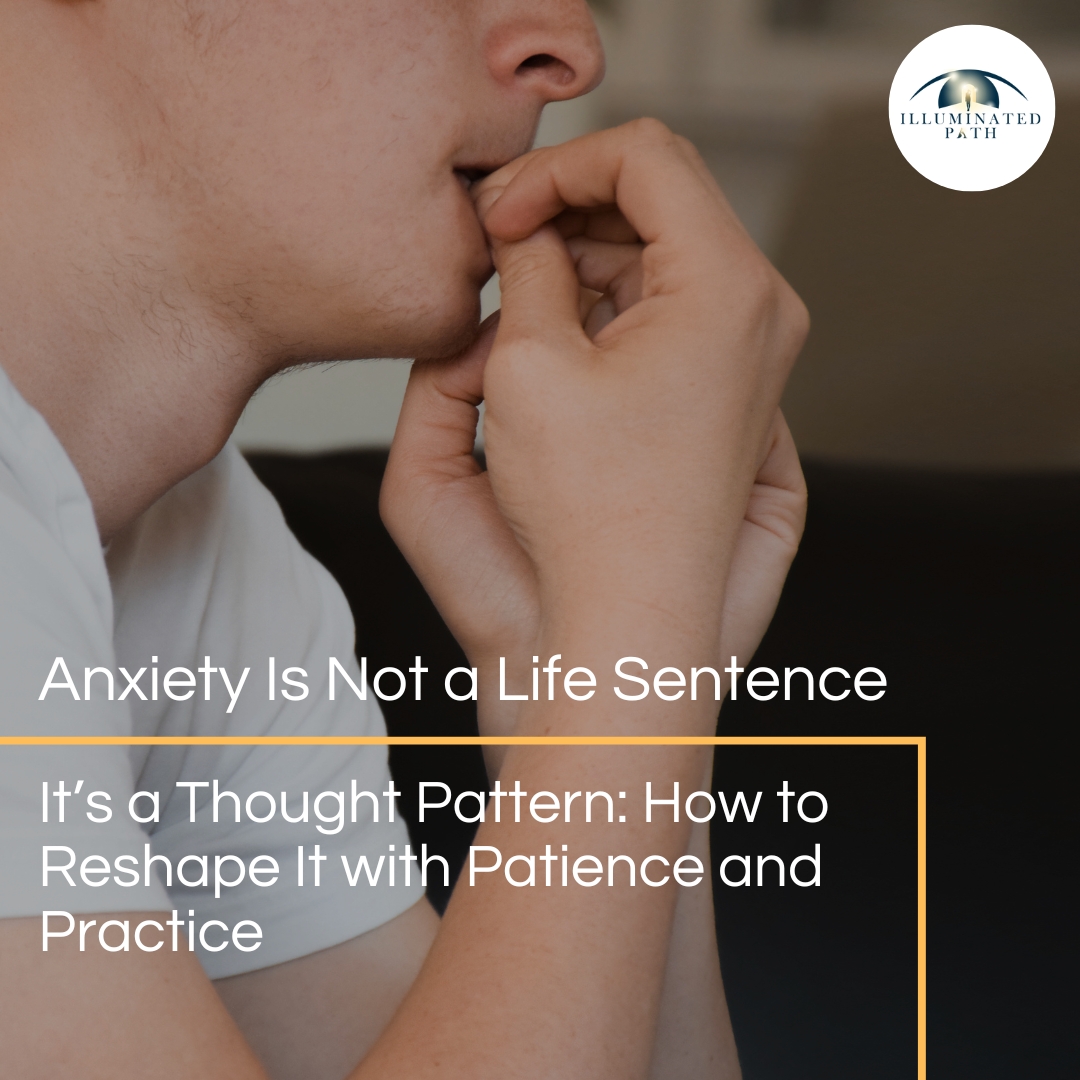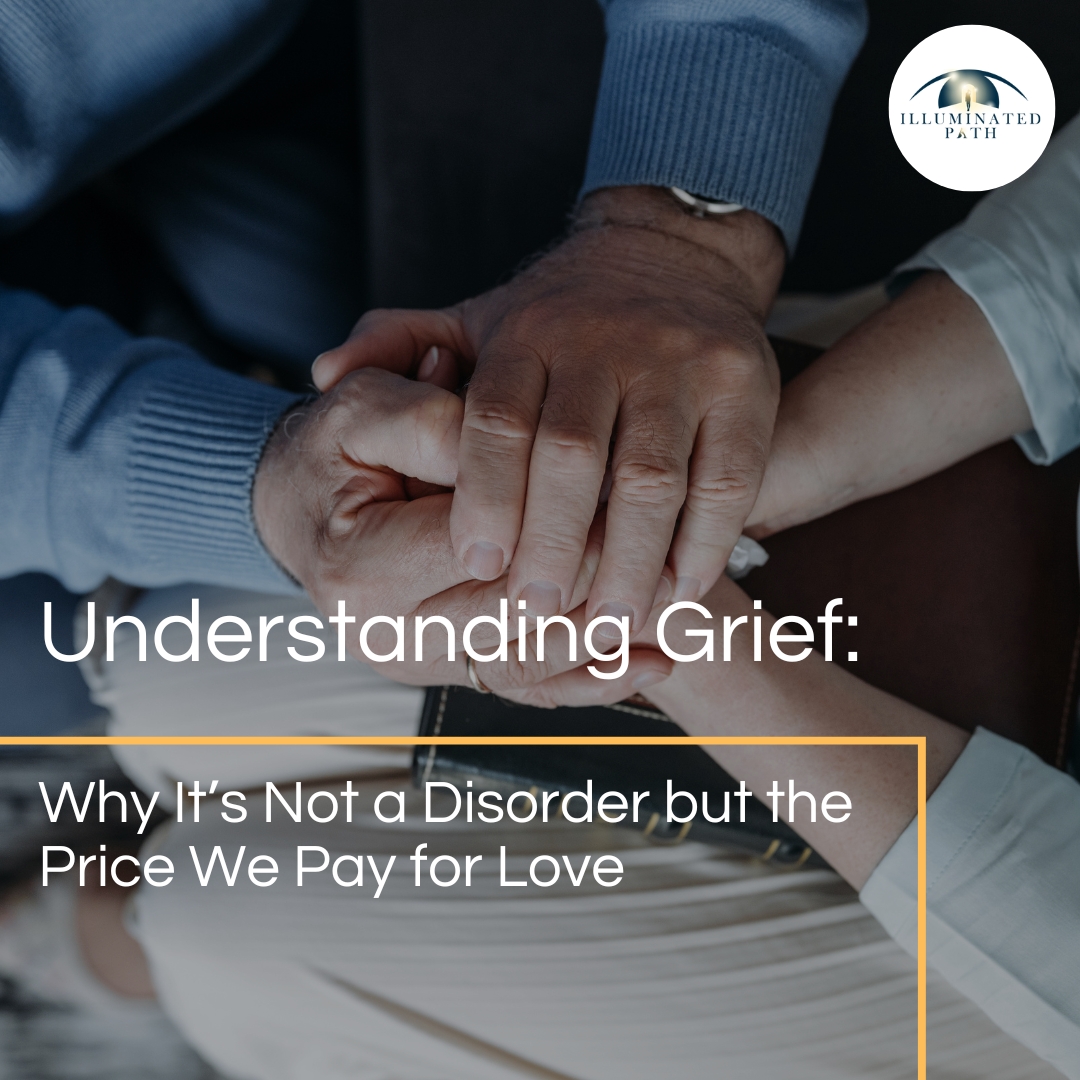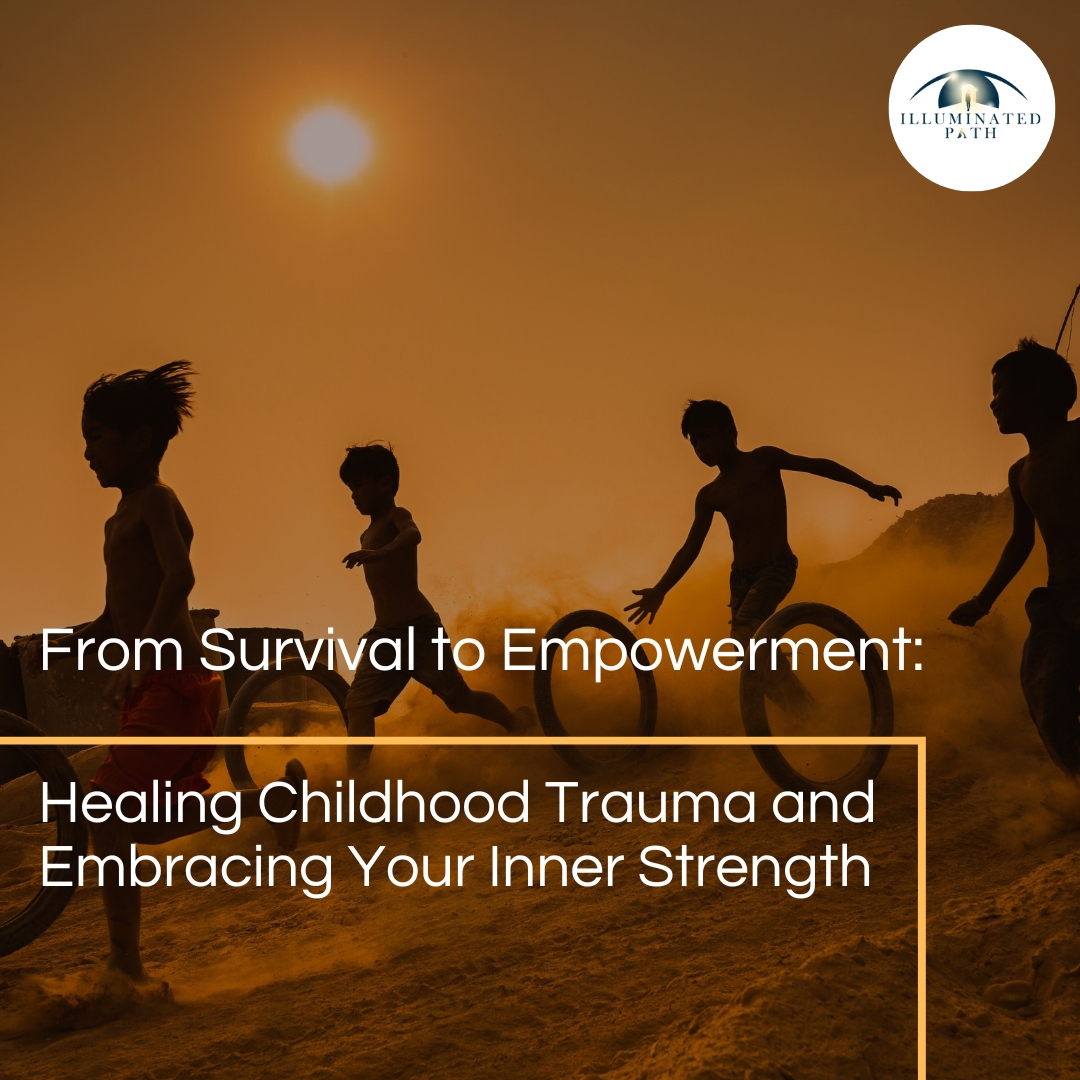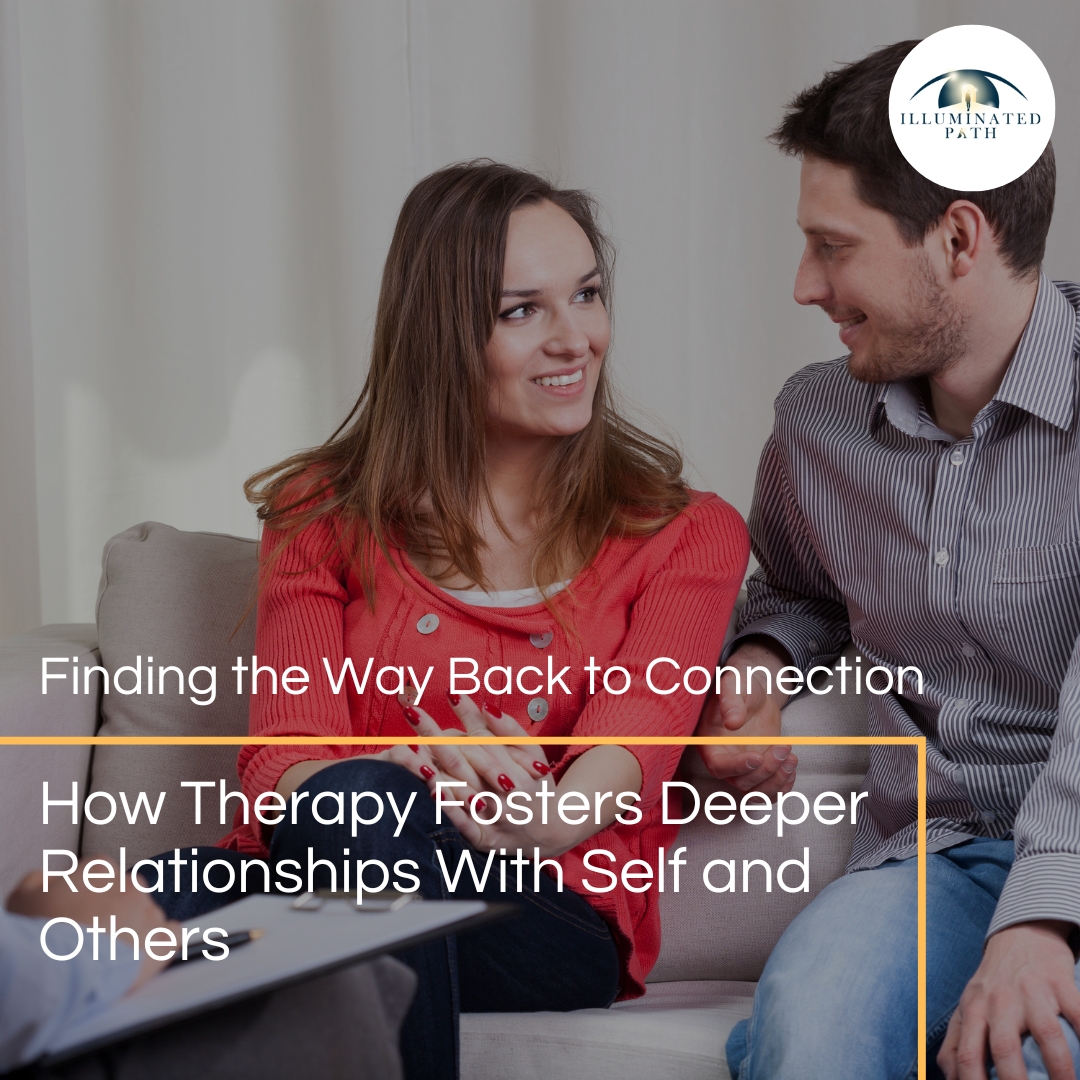
“In therapy, we are trying to help people feel more connected to themselves and others.” – Sue Johnson
This insightful quote from Dr. Sue Johnson, a renowned clinical psychologist and developer of Emotionally Focused Therapy (EFT), perfectly captures a fundamental truth about the human experience: we are wired for connection. Our brains are intricately designed to seek out and thrive in relationships, and when these connections are fractured or absent, we suffer deeply.
Therapy, in its many forms, offers a pathway back to this essential connection. It provides a safe and supportive space to explore the barriers that prevent us from experiencing genuine intimacy with ourselves and others, and to develop the skills necessary to build and maintain healthy relationships.
The Science of Connection
The need for connection is not merely a social construct; it is deeply rooted in our biology. Research in neuroscience and attachment theory has revealed the profound impact that relationships have on our physical and mental well-being. Attachment theory, pioneered by John Bowlby and Mary Ainsworth, proposes that our early childhood experiences with caregivers shape our internal working models of relationships, influencing how we connect with others throughout our lives. Secure attachment, characterized by feelings of safety and trust, fosters emotional regulation, resilience, and healthy relationships. In contrast, insecure attachment, often stemming from early experiences of neglect or trauma, can lead to difficulties with intimacy, trust, and emotional regulation. (Source: Bowlby, J. (1969). Attachment and Loss, Vol. 1: Attachment.)
Furthermore, advances in neuroscience have illuminated the neural mechanisms underlying connection. The discovery of mirror neurons, which fire both when we perform an action and when we observe someone else performing the same action, suggests that our brains are wired for empathy and understanding others. Moreover, the release of oxytocin, often referred to as the “love hormone,” during social interactions promotes feelings of trust, bonding, and well-being. (Source: Rizzolatti, G., & Craighero, L. (2004). The mirror-neuron system. Annual Review of Neuroscience, 27, 169-192.)
Disconnection: The Root of Suffering
When our need for connection is unmet, or when our relationships are characterized by conflict, insecurity, or trauma, we experience a profound sense of disconnection. This disconnection can manifest in various ways, such as disconnection from self, disconnection from others, and disconnection from the world.
Insecure attachment, past hurts, or communication difficulties can create barriers to intimacy and connection with others. We may struggle with trust, vulnerability, or expressing our needs, leading to isolation, conflict, and unsatisfying relationships. A sense of disconnection can also extend to a feeling of alienation from the world around us. We may feel lost, hopeless, or unable to find meaning or purpose in life.
This disconnection lies at the root of much human suffering, fueling depression, anxiety, addiction, and a host of other mental and physical health problems.
Therapy as a Path to Reconnection
Therapy, in its various forms, offers a powerful antidote to disconnection. It provides a safe and supportive space to explore and heal past wounds, develop self-awareness, improve communication skills, build trust and intimacy, cultivate self-compassion, and find meaning and purpose. Therapy can help individuals process past traumas, explore the roots of insecure attachment, and address unresolved emotional pain that may be hindering their ability to connect. It fosters greater awareness of one’s thoughts, feelings, needs, and behaviors. This increased self-understanding allows individuals to connect with their authentic selves and make choices that are aligned with their values.
Therapy can also help individuals develop effective communication skills, including active listening, assertiveness, and expressing emotions in a healthy way. These skills are essential for building and maintaining healthy relationships. By identifying and overcoming barriers to trust and intimacy, such as fear of vulnerability or past betrayals, therapy can help individuals build deeper connections with others.
Moreover, therapy encourages self-compassion, which involves treating oneself with kindness, understanding, and acceptance. This allows individuals to heal from past hurts and develop a more positive and loving relationship with themselves.
Finally, therapy can help individuals explore their values, passions, and goals, and to find meaning and purpose in their lives. This sense of purpose can foster a deeper connection to oneself and the world around them.
Different Therapeutic Approaches to Fostering Connection
Different therapeutic approaches offer unique perspectives and techniques for fostering connection. Some of the most common include Emotionally Focused Therapy (EFT), Cognitive Behavioral Therapy (CBT), Psychodynamic Therapy, Mindfulness-Based Therapies, and Somatic Experiencing.
EFT, developed by Sue Johnson, focuses on the emotional bond between partners and helps them to identify and change negative interaction patterns that contribute to disconnection. It emphasizes the importance of emotional responsiveness and accessibility in creating secure attachment. (Source: Johnson, S. M. (2004). The practice of emotionally focused couple therapy: Creating connection. Routledge.)
Mindfulness-based therapies, such as Mindfulness-Based Stress Reduction (MBSR) and Mindfulness-Based Cognitive Therapy (MBCT), cultivate present-moment awareness and acceptance. This can help individuals regulate emotions, reduce stress, and improve relationships. (Source: Kabat-Zinn, J. (1990). Full catastrophe living: Using the wisdom of your body and mind to face stress, pain, and illness. Delacorte Press.)
The Transformative Power of Connection
The journey towards connection is not always easy. It requires courage, vulnerability, and a willingness to confront uncomfortable truths about ourselves and our relationships. But the rewards are immeasurable. When we feel connected to ourselves, to others, and to something larger than ourselves, we experience a sense of belonging, purpose, and well-being.
Therapy can be a catalyst for this transformation. It can help us to heal old wounds, rewrite outdated narratives, and develop the skills necessary to create and sustain meaningful connections. By fostering deeper relationships with ourselves and others, therapy empowers us to live more fulfilling and joyful lives.

The Author
Dr. Shadi Souferian Psy. D.
Licensed Clinical Psychologist
Therapist And Psychologist in Los Angeles And Beverly Hills.

